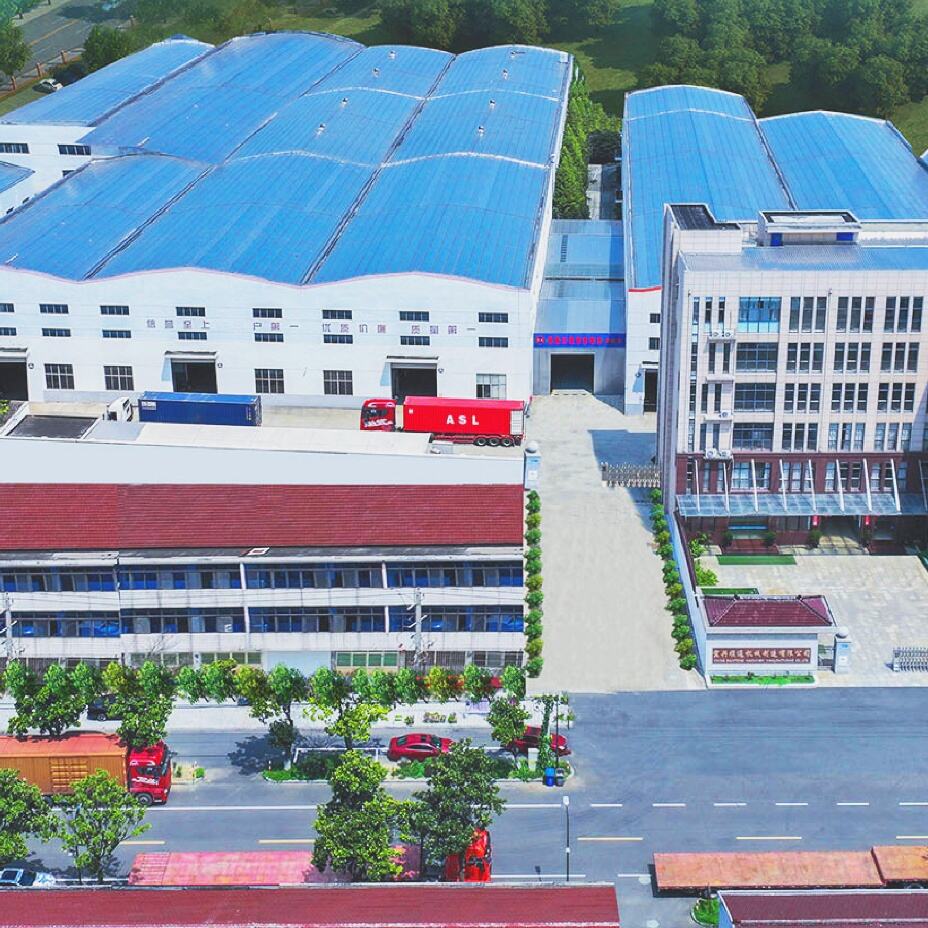Baling Nets Machine: Key Application Areas Fueling Agricultural, Recycling, and Industrial Productivity
The baling nets machine finds its primary and most extensive application in the global agricultural sector, addressing the core need for efficient forage preservation and handling. Farmers and agricultural cooperatives rely on baling nets to secure hay, straw, and silage bales—critical feed sources for livestock. The machine produces uniform, high-tensile nets that tightly wrap bales, preventing moisture intrusion, pest damage, and forage spoilage during storage or transport. These nets also complement mechanized baling equipment (e.g., round balers), enabling fast, large-scale baling operations that save labor time. For regions with seasonal farming cycles, the machine’s ability to produce weather-resistant nets (often UV-stabilized) ensures bales remain intact through rain, sun, or cold, directly supporting stable livestock feed supplies and farm profitability.
A second major application area for the baling nets machine is the recycling and waste management industry, where it meets the demand for secure, cost-effective bundling of recyclable materials. Waste management companies, recycling facilities, and municipal agencies use baling nets to bundle paper, cardboard, plastic bottles, and metal scraps. The machine’s output—durable, tear-resistant nets with adjustable mesh sizes—can withstand the weight of compacted recyclables, preventing spills during transit to processing plants. Unlike traditional twine, baling nets distribute pressure evenly across bales, reducing breakage and improving handling efficiency. Additionally, the machine can be configured to produce nets from recycled materials, aligning with the industry’s sustainability goals and making it a preferred choice for eco-focused waste management operations.
The baling nets machine also serves specialized industrial and logistics needs, expanding its utility beyond agriculture and recycling. In industries like construction, forestry, and mineral processing, it produces heavy-duty baling nets for bundling bulk materials such as wood chips, mineral wool, and construction debris. These nets keep loose materials contained during transport, minimizing loss and ensuring workplace safety. For logistics and shipping companies, the machine’s customizable nets (e.g., varying strength, width, and mesh density) are used to secure cargo on pallets or in containers, preventing shifting during transit. Even in niche sectors like horticulture, the nets support bundling of cut branches or nursery stock, offering a flexible solution for businesses needing reliable, scalable packaging. By adapting to diverse material requirements, the machine becomes a versatile tool for industrial efficiency.

